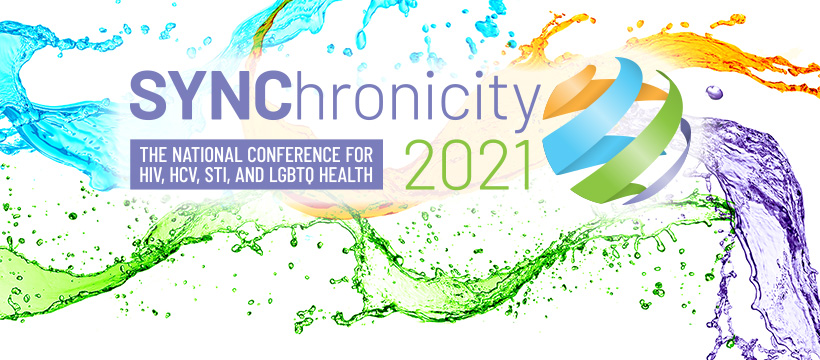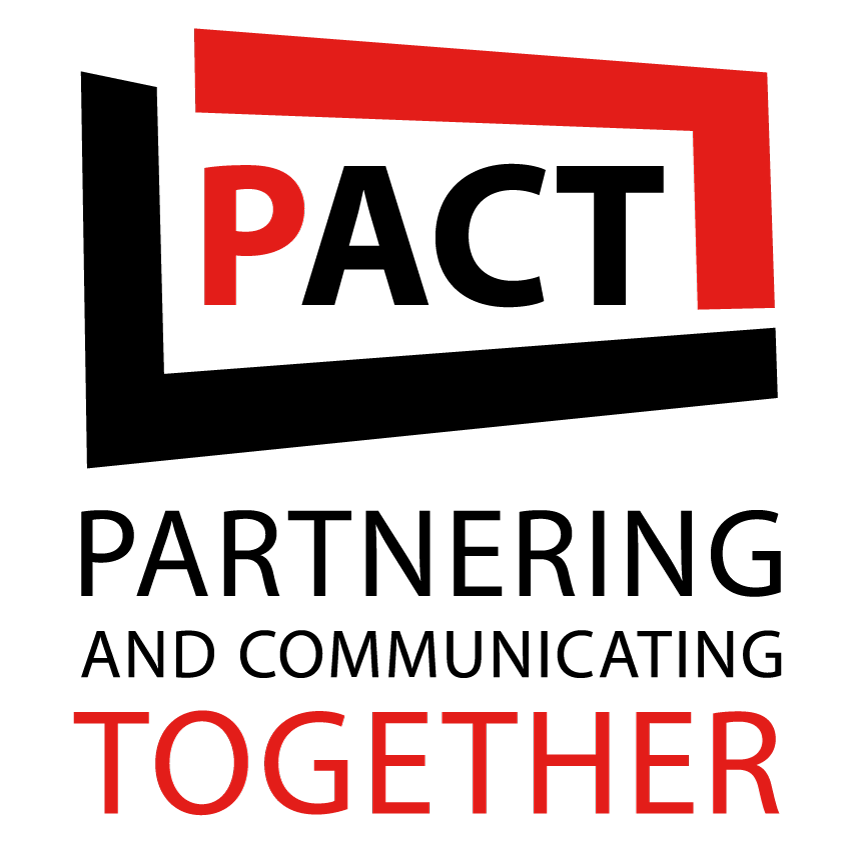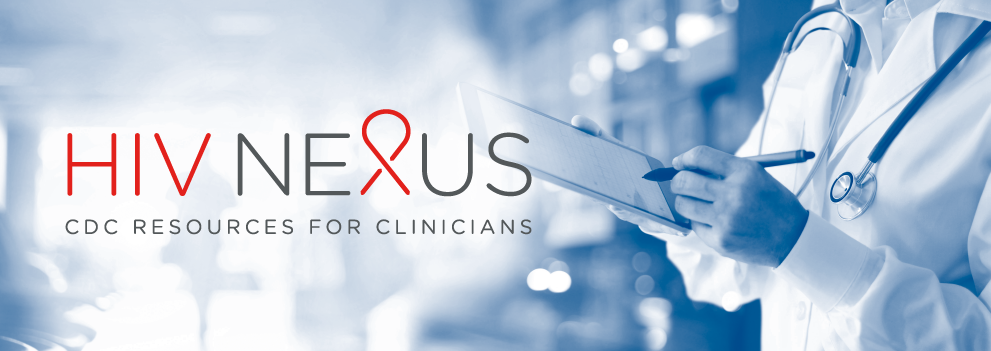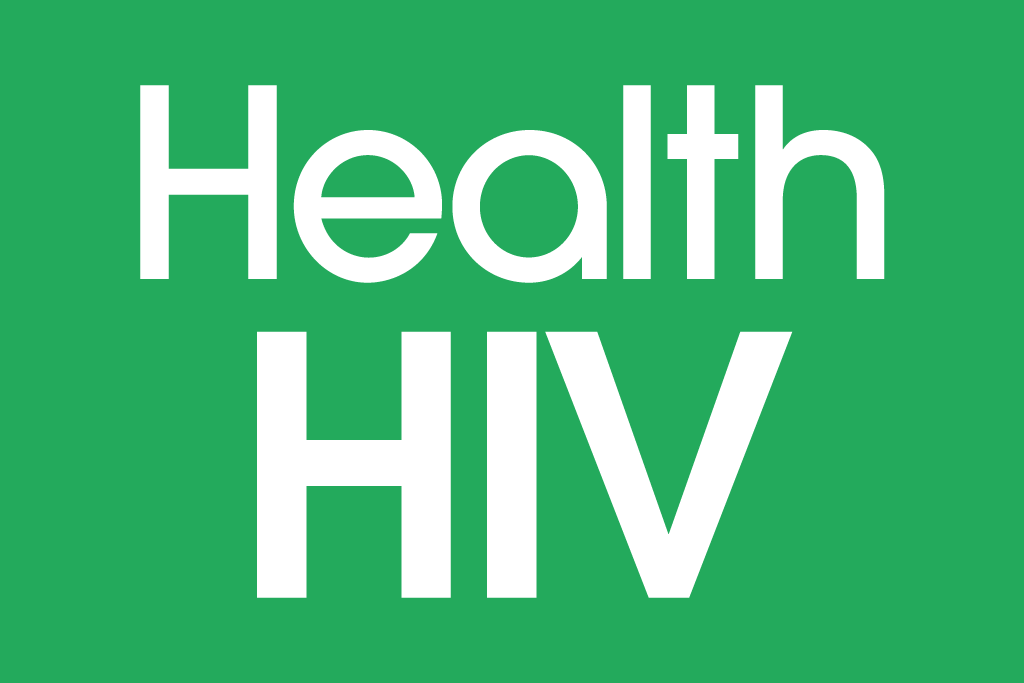NIAID HIV Language Guide
This guide includes language suggestions for communicating about HIV and related topics.
Community Mapping and Identifying Priority Populations for HIV Prevention and Care
This 2023 Community Mapping Toolkit for D.C. Organizations details how visualizing health disparities can help outreach programs for HIV prevention. The toolkit explores how community mapping can support your work, what goes into creating a community map, and how to use mapping tools that are available online.
DC Engage Local Resource Guide
This resource guide lists organizations in Washington, DC that offer assistance in areas including housing, harm reduction, safer sex and STI testing, food, clothing, legal, health care, and social support.
Fear and Hunger at AIDS 2022
At the first gathering of policymakers, activists, and clinicians since COVID-19, a precarious horizon of challenges, food insecurity, and famine, takes center stage.
Another Horseman
The intersection of COVID-19, HIV, TB, and malaria; international conflicts fueled by proxy fights leveling cities; as well as domestic political chasms continue to over-burden the world’s emergency response resources.
Addressing Health Disparities in HIV: Introduction to the Special Issue, JAIDS Journal of Acquired Immune Deficiency Syndromes: December 15, 2021
This article is about how racial and ethnic minorities specifically in California are impacted by HIV/AIDS. It discusses how they tailored their programs to target low-income populations. This particular study was done to prevent further HIV infections in at-risk populations.
The Importance of Synchronicity for Remedying Health Inequities

The past two years were filled with an unimaginable amount of chaos, stress, and uncertainty for the future. The COVID-19 pandemic alone turned the world upside down; this, coupled with the ongoing and widespread stigmatization of marginalized groups, created much disjointment throughout the world and within various communities. The need for powerful entities working for […]
E-health: Patterns of use and perceived benefits and barriers among people living with HIV and their physicians, Part 3
More than half of PLHIV were ready for telemedicine. PLHIV and physicians endorsed the advantage of e-health in terms of better coordination across health professionals but mistrust the data collection factor, which warrants either clarification or stronger legal protections.
E-health: Patterns of use and perceived benefits and barriers among people living with HIV and their physicians, Part 2
mHealth apps and smart devices have failed to garner adoption by PLHIV. There is a case for good-quality health data sharing and exchange if PLHIV are provided with appropriately secure tools and physicians are backed up by adapted legislation.
E-health: Patterns of use and perceived benefits and barriers among people living with HIV and their physicians, Part 1
More than half of PLWH surveyed had already searched for health information on the Internet, and one in two had changed their behavior based on the online search. PLWH did not see the Internet as an alternative to physicians but they wanted their physicians to guide them on how to find quality health information to better self-manage their condition.



